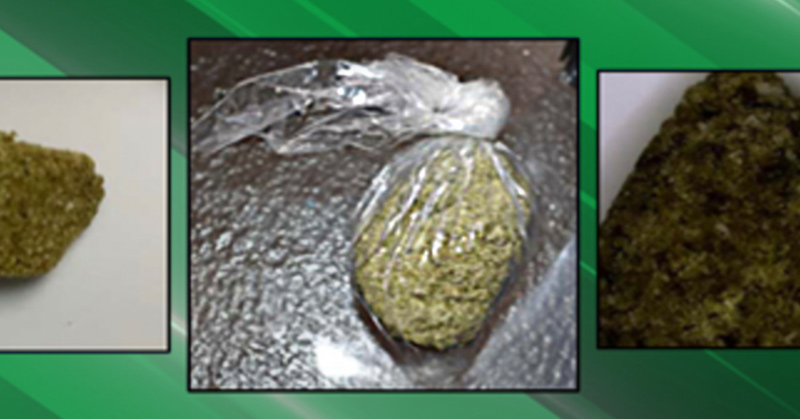Signs you’re low on testosterone

The male sex hormone, testosterone, plays a crucial role in the male body’s sexual development at puberty. Additionally, it helps in maintaining a person’s health throughout their life because it controls a variety of bodily processes, including sperm generation, fat distribution, red blood cell production, muscular growth, bone density, mood stability, and libido.
Testosterone levels drop naturally with age. However, aside from ageing, there are many other causes of decreased testosterone levels like obesity, sleep apnea, certain types of infections (like HIV), and some drugs. Low testosterone is a condition in which your testicles don’t produce enough testosterone. In this blog, we will explore the common signs that indicate that you’re low on this vital hormone.
Symptoms of low testosterone levels:
Erectile dysfunction
Low levels result in fewer erections occurring more frequently, erections not occurring at all during stimulation, and/or difficulties sustaining erections.
Hair loss
Low testosterone levels are frequently the cause of hair loss. While age may be a contributing factor in hair loss, low testosterone levels may also be. You may notice bald spots at places where you’ve never had bald spots before, or that your hair is thinning more widely.
Reduced bone mass
A notable clinical manifestation of low testosterone in men is a marked reduction in Bone Mineral Density (BMD). Various research studies have shown that this decreased BMD in men makes bones weak and is linked to a markedly higher incidence of bone fractures.
Low semen levels
Reduced testosterone levels translate into decreased amounts of semen production. Infertility results from extremely low testosterone levels because insufficient semen production prevents the sperm from swimming to the egg to fertilise it.
Sleep disturbances
Men may have trouble falling or staying asleep. Men who have low testosterone levels may develop sleep apnea. A person with sleep apnea experiences short-term breathing cessation, which disrupts their sleep.
Decrease in sex drive
Testosterone plays a big part in men’s health, but perhaps the most meaningful role of the hormone is to fuel sex drive and sexual performance. Low testosterone levels can result in reduced libido in some men. However, it is important to note that low sex drive (or libido) can be affected by many physical, mental, and social factors. It can vary from person to person and day to day. Sex drive can also decline due to low testosterone.
Increased fatigue
Some studies suggest that low testosterone levels can lead to fatigue and exhaustion, although the data is conflicting. Although the relationship between fatigue and testosterone is not clear, people with low testosterone often complain of low energy levels.
Increased body fat
Several studies have validated the significant inverse correlation between testosterone and obesity. People with low testosterone levels may notice more body fat, especially around the abdomen, and it is a known fact that abdominal fat raises your risk for heart disease. This deficiency may promote weight gain over time as well as the development of breast tissue in men.
Anaemia
Testosterone helps your body make red blood cells. A decline in testosterone can cause a reduction in the number of red blood cells, a condition also known as anaemia. Recent findings have shed light that when testosterone gel was given to male subjects who had low testosterone and anaemia, blood counts improved as compared to the placebo group. When iron deficiency was identified as a contributing factor to anaemia, male blood counts also improved.
Mood swings
People with low testosterone may experience mood swings such as irritation, exhaustion, a persistently down mood, hopelessness, or a loss of enthusiasm in activities that they used to find enjoyable. Research indicates that depression may be exacerbated by reduced testosterone levels.
Hot flashes
Low testosterone levels may also be indicated by hot flashes. You might additionally encounter excessive perspiration, skin reddening, and night sweats.
Closing thoughts
Testosterone deficiency may contribute to the development of various other health conditions, which may require treatment. Many people dismiss the symptoms associated with decreased testosterone as an unpleasant aspect of getting older. But you should address symptoms that lower your quality of life. Consult a healthcare professional if you’re experiencing bothersome symptoms of low testosterone.





